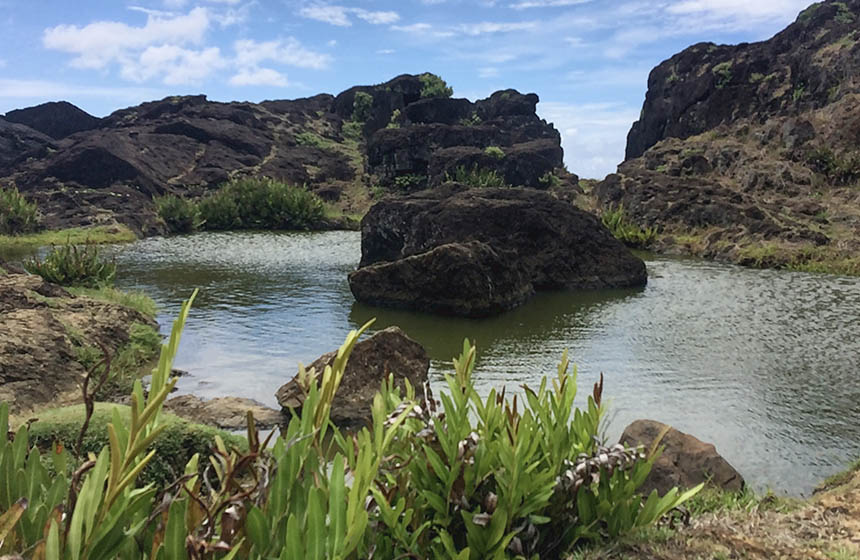Tenure reform and sustainable forest management
Watershed rehabilitation and sustainable forest management is promoted through land tenure reform with a specific focus on increasing land ownership among women.
Nature-based Intervention:
The Philippine Environmental Governance Project (EcoGov) assisted the local government in creating and implementing a Forest Land Use Plan (FLUP) for the municipality of Wao that awarded individual property rights (IPR) to farmer-claimants under the condition that they follow a set of conservation-oriented agroforestry principles and forest land-use guidelines. Such guidelines include having to prepare and implement a plan for cultivating perennial fruit or native trees and monitoring any forest violations. Addressing a historical lack of attention to gender differences in other iterations of land tenure reform, this project also aimed to increase land ownership among women. The involvement of a Gender and Development team ensured that at least 20% of current IPRs were awarded to women. Furthermore, the IPRs were assigned within a watershed of almost 2,000 hectares and land-claimants were required to contribute to a watershed rehabilitation program through the plantation of rubber and fruit trees.
Overview of context and outcomes:
Although Wao’s forestlands are large, nearly 20,000 hectares in size, they have suffered significant deforestation which leads to increased intensity of flash flooding and water shortages during long periods of drought, issues that the watershed rehabilitation program aims to alleviate.
Case effectiveness on
Climate change
The project reports that improved forest management, avoided deforestation, and other watershed rehabilitation efforts are estimated to provide carbon sequestration benefits of nearly 9,000 tons per year.
Although not reported, the efforts to rehabilitate the watershed and regenerate deforested land will likely help to mitigate the negative consequences of poor management reported prior to the project, including increased flash flooding. The project has reported turning 240 hectares of bare forestland into productive farms likely contributing to the partial alleviation of food security concerns.
Ecosystem health
Ecological effect: PositiveThe efforts have reportedly contributed to the effective halting of illegal logging activities within the 2,000 hectare watershed. The project is estimated to prevent 40 hectares of annual deforestation.
Socioeconomic outcomes
The FLUP has reportedly contributed to reducing land conflicts that had been disproportionately disadvantaging women. Women reported having gained greater voice in local political processes and fora, attending community meetings more often than men and contributing to the implementation of local government resource conservation projects. Women are also reportedly participating in more technical training, livelihood support projects, resource management planning, and land use planning activities.
Governance
The project is governed under a Forest Land Use Plan which uses a system of granting individual property rights to farmers under specific specifications. This Plan was set up through a collaboration between local and national governments.
Finance
This project was financed by a combination of local and federal government agencies.
Monitoring and evaluation
There are no clearly reported monitoring protocols currently identified.
Trade-offs and limitations
No information yet available on tradeoffs.

Intervention type
- Food production
- Management
Ecosystem type
- Tropical & subtropical forests
- Terrestrial production
Climate change impacts addressed
- Loss of other ecosystem goods
- Drought
- Reduced water availability
Instigators
- State/district/local government agency
- National conservation/environment organisation
Societal challenges
- Biodiversity conservation
- Climate change mitigation
- Conflict and Security
- Rights/empowerment/equality
- Food security
Outcomes
- Food security: Positive
- Water security: Not reported
- Health: Not reported
- Local economics: Not reported
- Livelihoods/goods/basic needs: Not reported
- Energy security: Not reported
- Disaster risk reduction: Not reported
- Rights/empowerment/equality: Positive
- Conflict and security: Positive
- No. developmental outcomes reported: 5
Resources
Read resource 1Literature info
- Grey literature



